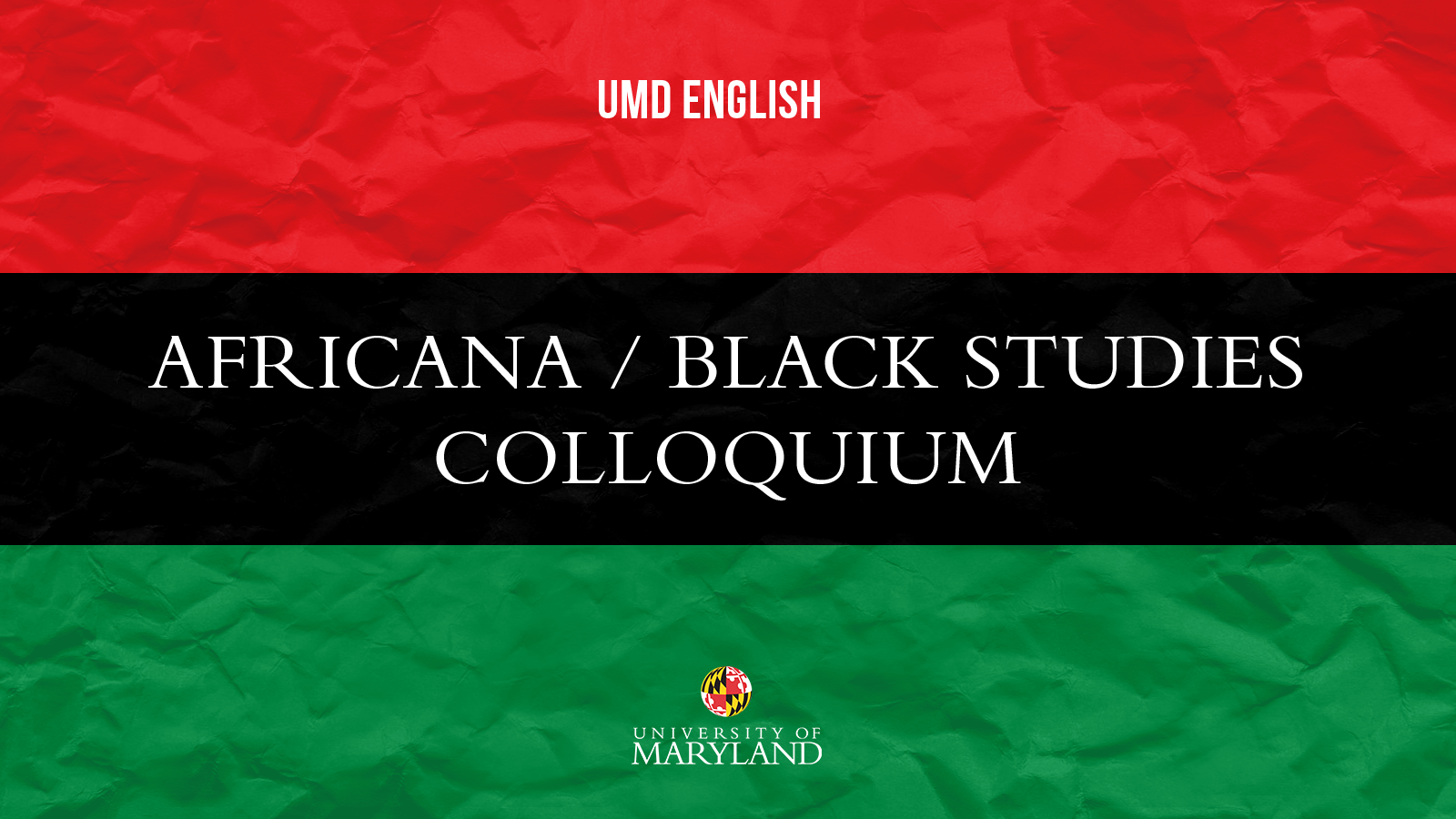Africana/Black Diaspora Colloquium: Black Aliveness, Or a Poetics of Being

Africana/Black Diaspora Colloquium: Black Aliveness, Or a Poetics of Being
The event will be a discussion of public discussion of Kevin Quashie's book Black Aliveness, Or a Poetics of Being.
To RSVP and access the zoom link, email GerShun Avilez (avilez@umd.edu).
From the publisher:
In Black Aliveness, or A Poetics of Being, Kevin Quashie imagines a Black world in which one encounters Black being as it is rather than only as it exists in the shadow of anti-Black violence. As such, he makes a case for Black aliveness even in the face of the persistence of death in Black life and Black study. Centrally, Quashie theorizes aliveness through the aesthetics of poetry, reading poetic inhabitance in Black feminist literary texts by Lucille Clifton, Audre Lorde, June Jordan, Toni Morrison, and Evie Shockley, among others, showing how their philosophical and creative thinking constitutes worldmaking. This worldmaking conceptualizes Blackness as capacious, relational beyond the normative terms of recognition—Blackness as a condition of oneness. Reading for poetic aliveness, then, becomes a means of exploring Black being rather than nonbeing and animates the ethical question “how to be.” In this way, Quashie offers a Black feminist philosophy of being, which is nothing less than a philosophy of the becoming of the Black world.

